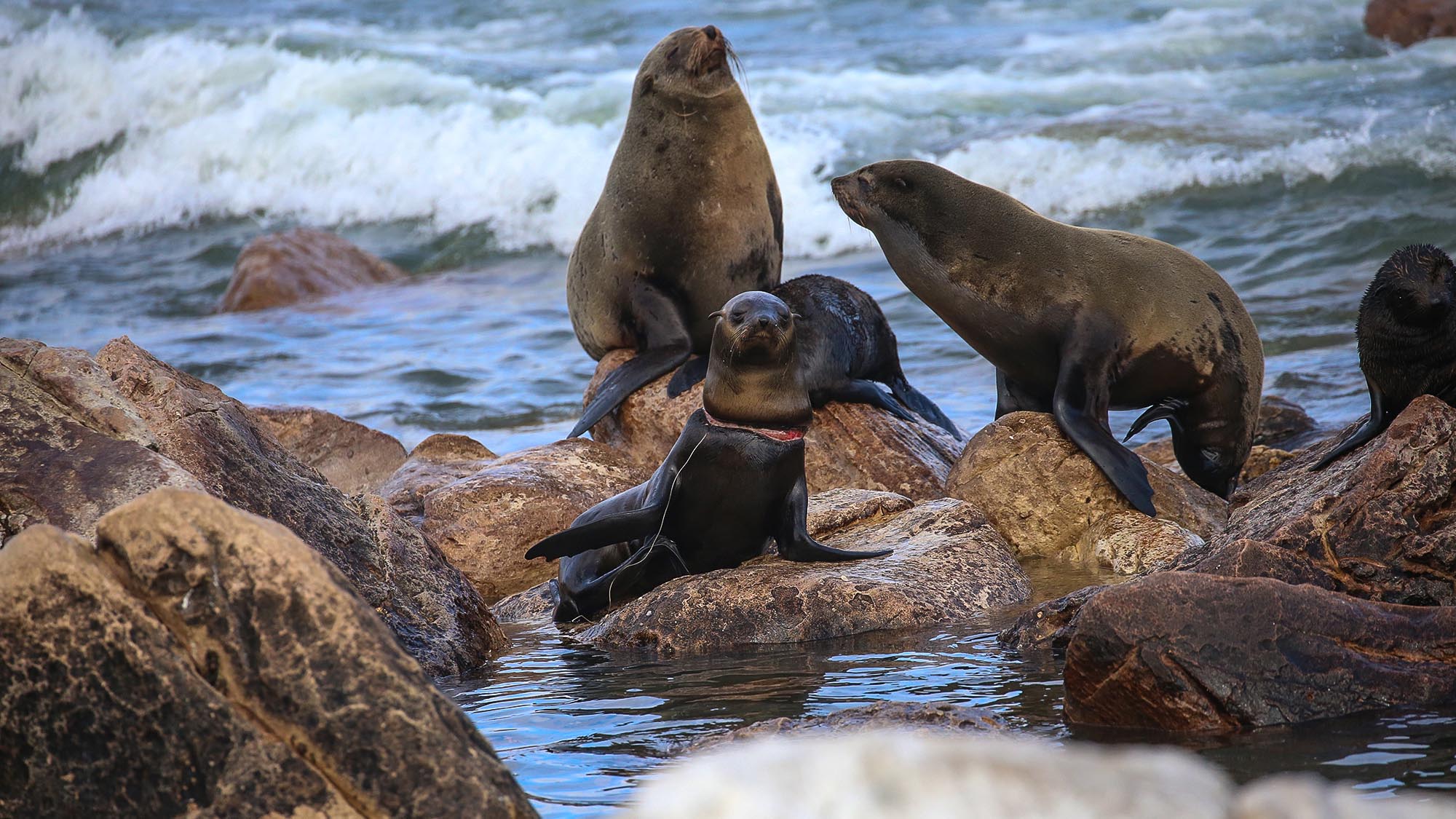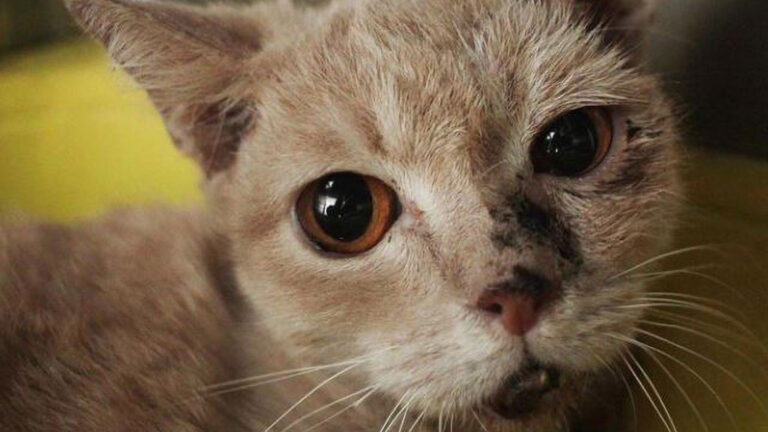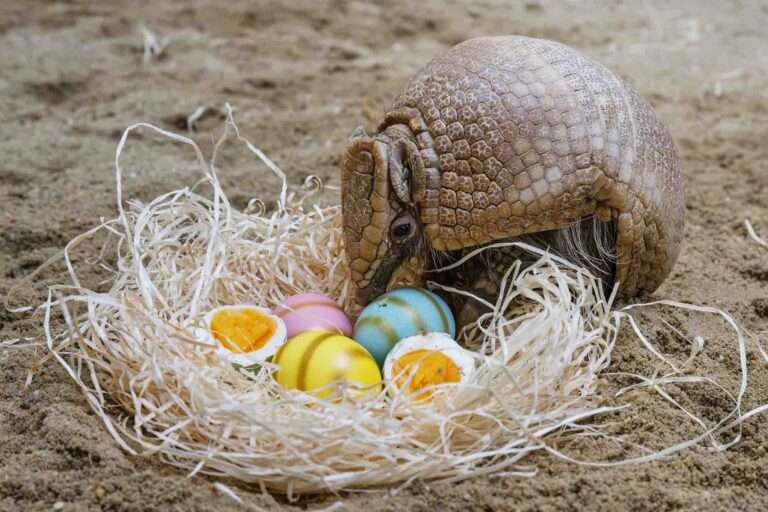Old fishing lines and nets are causing horrific injuries and painful slow deaths among the Cape Fur seal population, especially among pups as their curious nature and smaller necks make them very vulnerable to entanglement and suffocation.
The footage and images revealing the tragic consequences of discarded fishing equipment on Cape Fur seals were published following a joint study by Stellenbosch University, Sea Search-Namibian Dolphin Project and Ocean Conservation Namibia.
The findings of the study were published in the ScienceDirect journal titled ‘Entanglement of Cape fur seals (Arctocephalus pusillus) at colonies in central Namibia’.
In a statement obtained by Newsflash, the research team said that the study looked at two seal colonies in Walvis Bay and Cape Cross and found that 1 in every 500 seals was entangled.
They found that young seal pups were disproportionately affected as their curious nature and smaller necks made them more vulnerable to the nets.
As seen in the footage volunteers and researchers did their best to capture the entangled seals and cut them loose.
In one of the clips, researchers can be seen chasing after a seal that they spotted with a net wrapped around its neck.
After catching the seal they examine the plastic net wrapped tightly around its neck and cut it loose.
The gashes left over by the incident shows just how tightly they get wrapped around the necks and bodies of the seals.
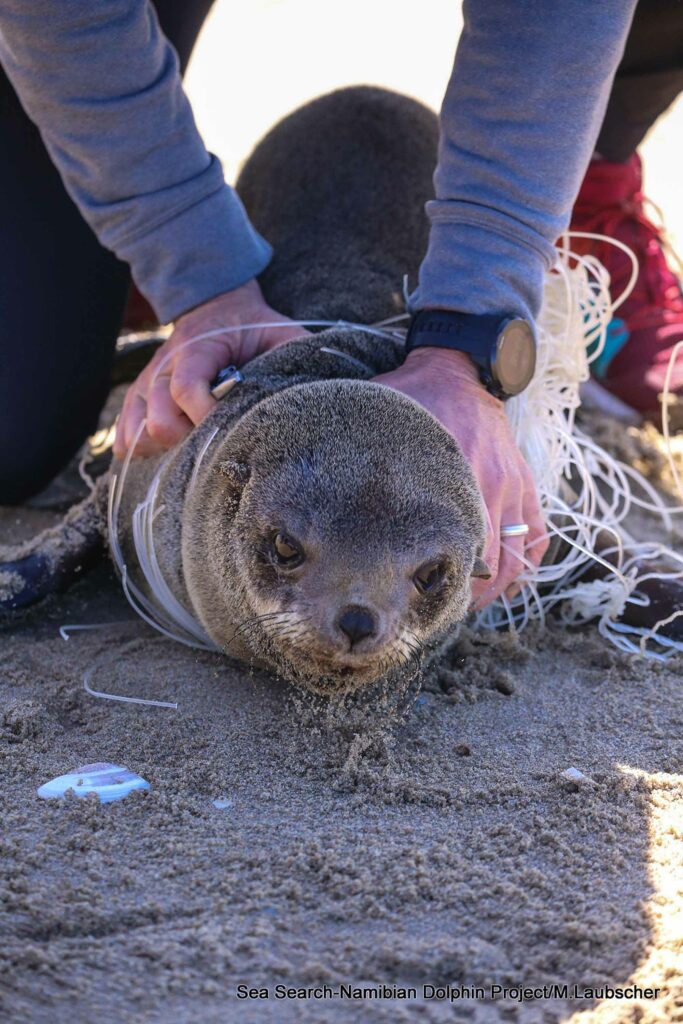
According to the statement out of the 347 entangled animals documented, the disentanglement team, led by Naude Dreyer of Ocean Conservation Namibia, were able to successfully disentangled 191 individuals between 2018 and March 2020.
Doctor Tess Gridley, co-director of the Namibia Dolphin Project and senior lecturer at Stellenbosch University, said: “Plastic pollution and particularly lost and discarded fishing nets are having a big impact on marine life.”
She added: “Once entangled, these seals face a very painful and uncertain future: finding food becomes harder and wounds can become deep and debilitating, and likely cause death in many cases.”
She suggests that solutions to the issue could include policies such as financial incentives that would encourage the recovery of lines, safe disposal of nets and the use of sustainable alternatives to plastics.
Stephanie Curtis, a research student with the Namibian Dolphin Project and lead author on the paper, said: “Seals should not have to suffer this way because of our carelessness with waste”.
Doctor Simon Elwen, co-director of the Namibian Dolphin Project, said: “They are very curious and playful animals and will investigate objects in the water, but their thick, backwards-facing fur which keeps them warm at sea easily snags lines and straps and stops it falling back off.”
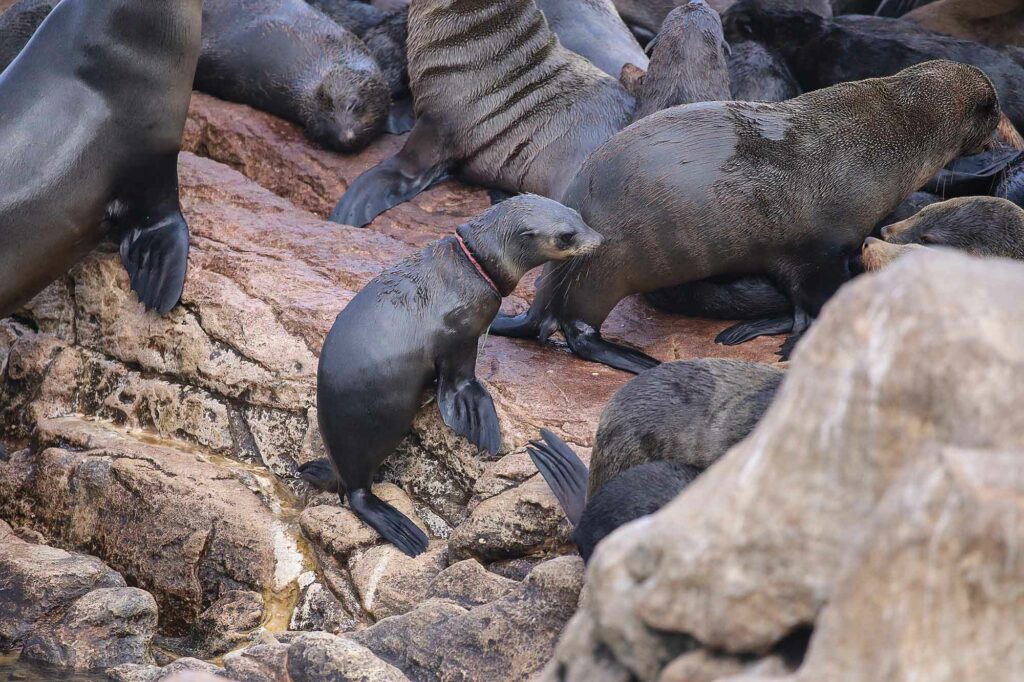
A Cape Fur Seal pup with fihsing net wrapped tighly around its neck, Namibia. 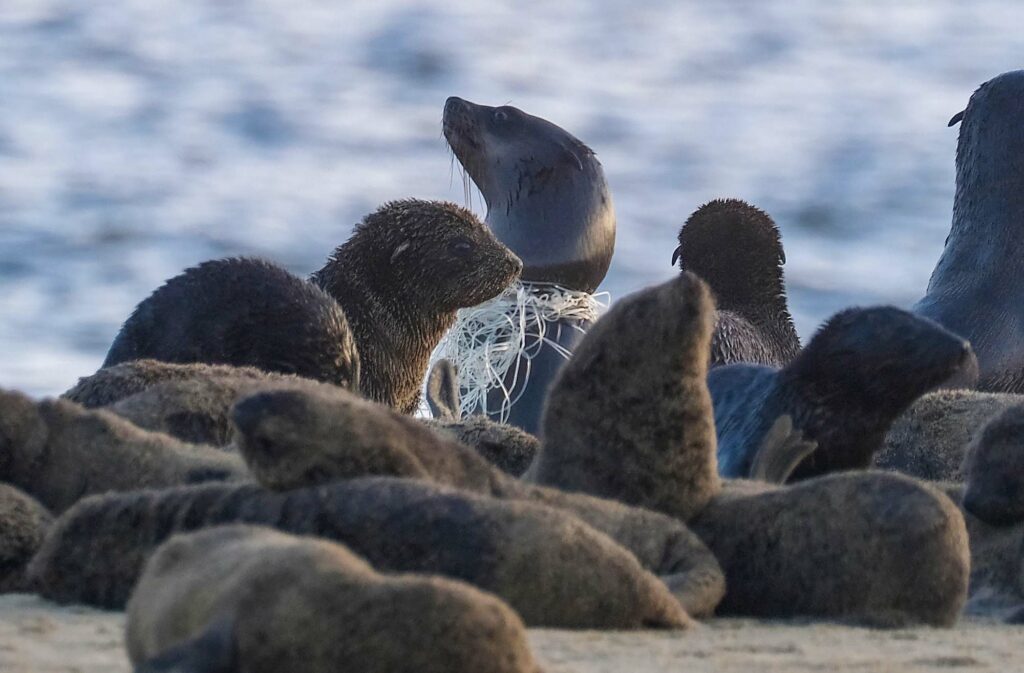
A Cape Fur sea with a thick bundle of fishing net wrapped around its neck.
He added that this curious nature and their backwards-facing fur makes these seals particular vulnerable to becoming entangled in the nets.
Naudé Dreyer from Ocean Conservation Namibia says: “This is the tip of the iceberg. It is imperative that studies such as this highlight the consequences of plastic waste on marine animals, and bring around change for the better.”
The Namibian Dolphin Project is currently collecting donations to fund its conservation and research efforts at: https://gofund.me/8cc1f09f
The Ananova page is created by and dedicated to professional, independent freelance journalists. It is a place for us to showcase our work. When our news is sold to our media partners, we will include the link here.

